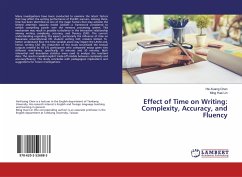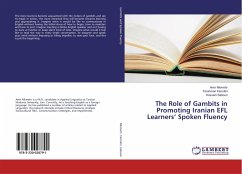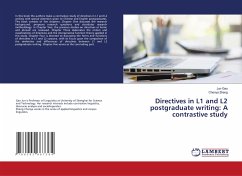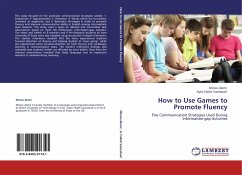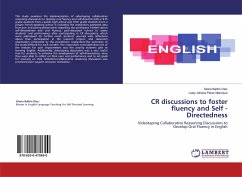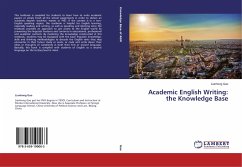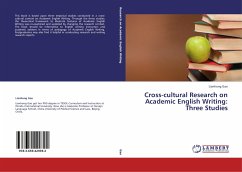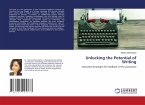Many investigations have been conducted to examine the latent factors that may affect the writing performance of ESL/EFL learners. Among them, time has been identified as one of the major factors that may activate the limited attention capacity model (LACM)-a framework considered to exhibit compelling power over the memory processing system. This mechanism may result in possible turbulence in the interactive relationship among writing complexity, accuracy, and fluency (CAF). The current understanding regarding this aspect, particularly the influence of time on Taiwanese university-level EFL student writing CAF, remains limited. To better understand how the time variable alone may impact the LACM and, hence, writing CAF, the researcher of this study scrutinized the textual outputs created by 43 EFL participants who composed essays given two different timeframes, specifically, 30 minutes and 50 minutes. Both inferential and descriptive statistics were used to analyze the resultant data. The results revealed explicit trade-off models between complexity and accuracy/fluency. This study concludes with pedagogical implications and suggestions for future investigations.
Bitte wählen Sie Ihr Anliegen aus.
Rechnungen
Retourenschein anfordern
Bestellstatus
Storno

